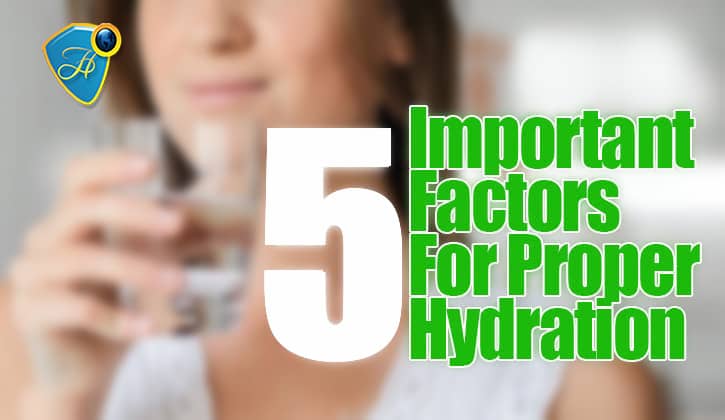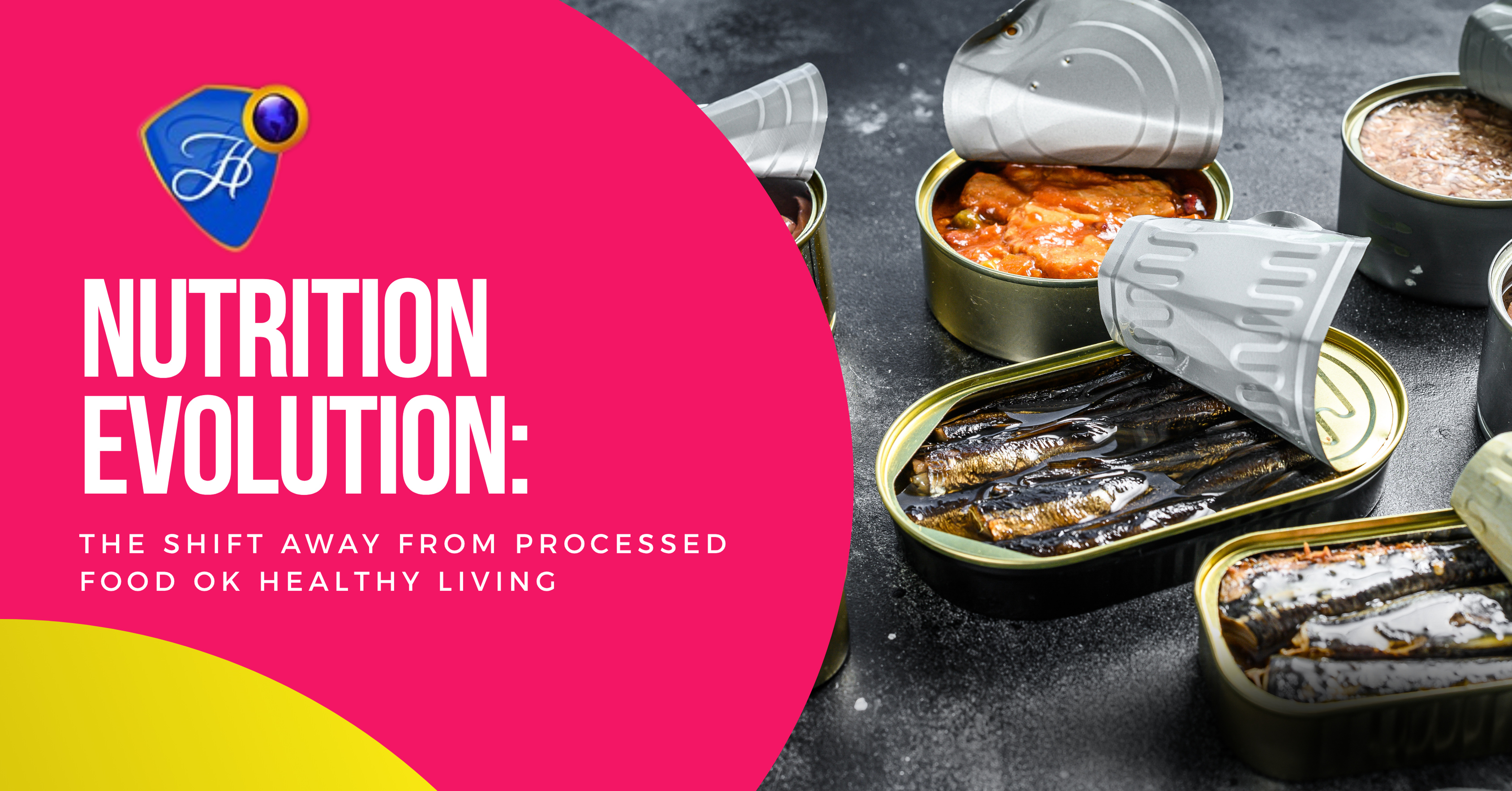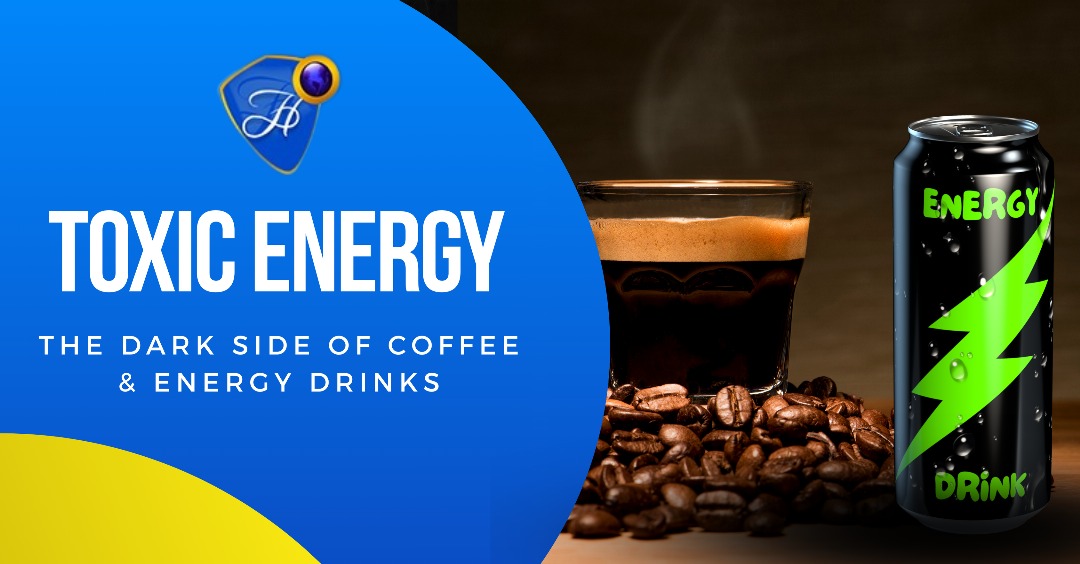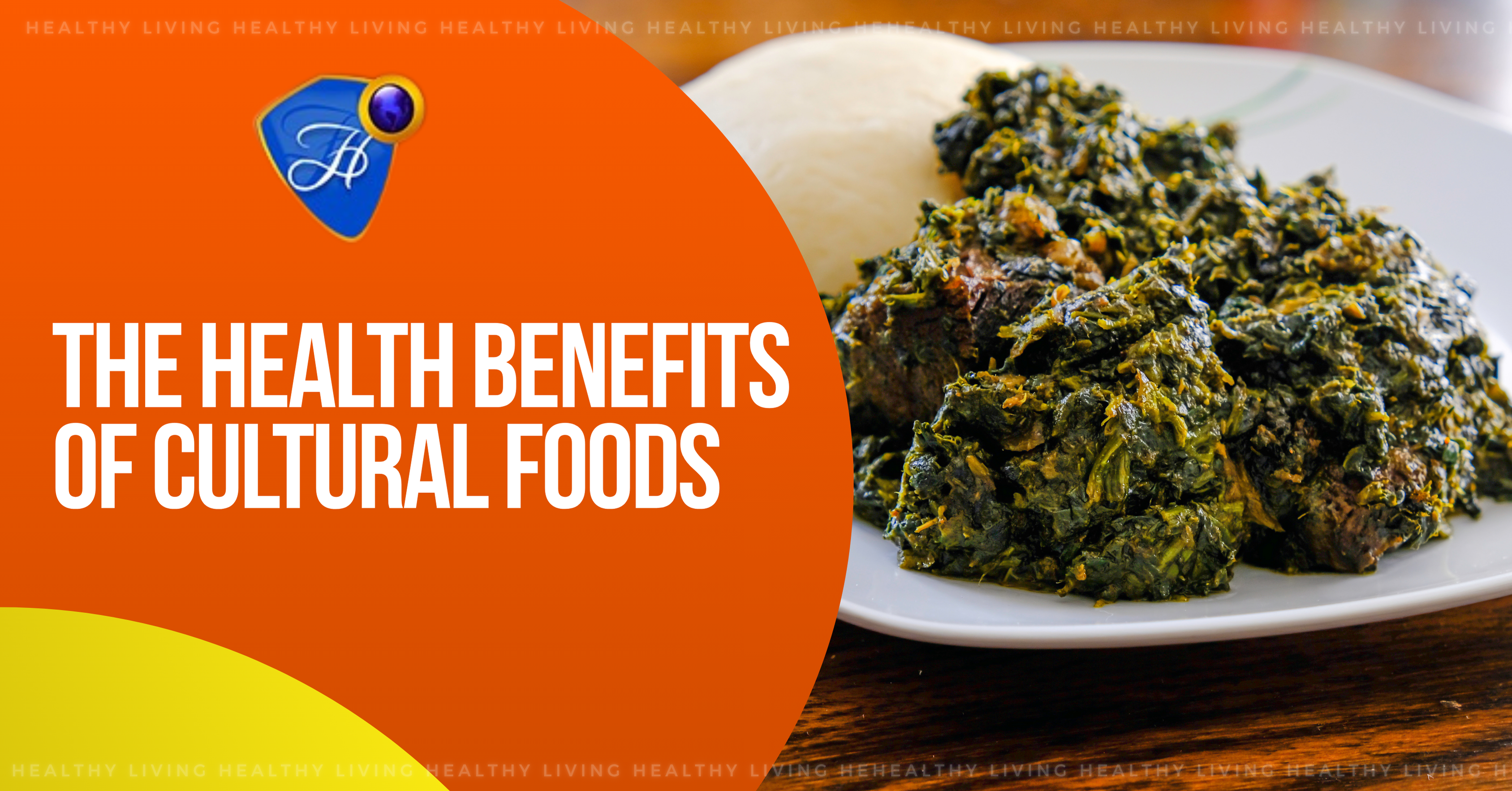
The makeup of the human body is mostly water, about 70 percent. As little as a two-percent drop can result in the common signs of dehydration: thirst, dryness of the mouth and skin, and even headaches and muscle cramps. Water is the medium for all processes in the body, which is why some people call it the elixir of life.
Water usually gets into the body through drinking water and other liquids directly, and from ingesting food, especially fruits and vegetables. We lose water through sweat, urination, and transpiration.
There are several vital reasons you should stay hydrated; to regulate body temperature, to keep joints lubricated, to fight infections and keep organs in good order, to carry nutrients to cells, and much more. Proper hydration also improves sleep and cognitive functions.
Now you get it. Proper hydration is important. But how well-hydrated you are depends on more than drinking water. So, let’s look at other factors that affect how much water might be in the body at any point in time.
Drinking the Right Amount of Water.
Yes, even though we’ve said it’s not the only one, drinking water is still the most important factor for proper hydration. Experts recommend that the average adult should drink a minimum of 2 liters of water daily. Depending on some other factors, you may need to drink more.
What You Eat... or Don’t.
Your diet is key. There are certain foods, particularly the sugary and salty sort, that dehydrate the body. Replace soda and juice packs with fresh fruits for sweetness and extra water. Lean more towards homemade food, and away from processed foods.
Drugs.
Most people don’t know this, but alcohol and caffeine are drugs. Beverages containing these substances (coffee, energy drinks, wine, etc.) are diuretics. They inhibit the secretion of the antidiuretic hormone, vasopressin, which instructs your kidneys to retain water. This leads to the body producing more urine.
Diuretic and antidiuretic medications are sometimes prescribed to take care of various medical conditions. In such cases, be sure to adjust water intake accordingly.
The Weather.
Remember how water leaves the body? Well, perspiration and transpiration are influenced by the weather. If the weather is hot, chances are you will sweat a lot more. If the relative humidity is low, more water will evaporate from your skin, nose, and mouth. So if, for example, you live near the Sahara, you may need more than 3 liters a day to maintain proper hydration.
Physical Exertion.
Exercise is one major factor that affects how quickly our bodies lose or retain water. You would sweat a lot more when jogging than if you were sitting on your couch and watching TV. This applies to all forms of physical exertion, whether at work or play or if you’re just doing house chores.
The importance of water to healthy living cannot be overemphasized. Little wonder then that Jesus likened eternal life to water when he preached the Gospel to the woman of Samaria, saying, “You don’t know what God wants to give you, and you don’t know who is asking you for a drink. If you did, you would ask me for the water that gives life” (John 4:10 CEV).
Again, in Ephesians 5:26, the Scripture talks about Jesus sanctifying and cleansing the Church with the washing of water by the Word. Water is essential for cleansing the body of metabolic waste, just as the Word is required for the cleansing of your spirit.
So, as you stay hydrated to cleanse your body and stay healthy, be sure to also imbibe the Word, for the health of your spirit, soul, and body.








Post Comments & Testimonies